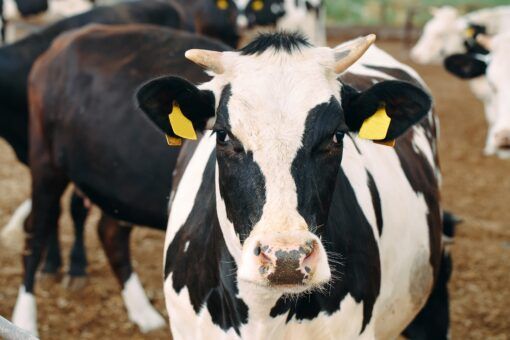
Genome editing – known commonly as ‘gene editing’ – is the precise, targeted alteration of a DNA sequence in a living cell. It enables changes to the genome – which aim to secure certain traits in new generations of farmed animals – to be made much faster than through traditional breeding methods.
As the UK Parliament was debating proposals for amending the regulation of some genome edited organisms, including plants and animals, we worked with BBSRC and Sciencewise on a public dialogue exploring the use of genome editing in farmed animals and its possible introduction into the food and farming system.
The dialogue involved 80 members of the public and took place between May and July 2022. It was delivered by research consultancy Basis Social.